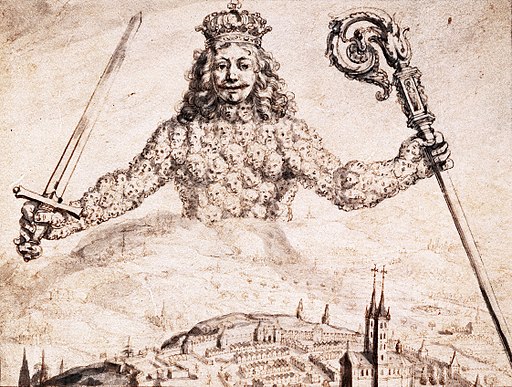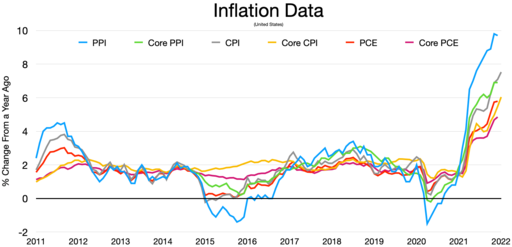An “experienced analyst” at the National Security Agency ran an illegal surveillance project that involved “unauthorized targeting and collection of private communications of people or organizations in the US.” The agency’s inspector general concluded that the analyst “acted with reckless disregard” for “numerous rules and possibly the law.”
This happened ten years ago. The inspector general’s report was issued six years ago. But the public is just now learning about it, courtesy of Bloomberg. After some intrepid Freedom of Information Act work, we can now see a highly redacted version of the IG report.
The NSA’s investigation of the analyst began about a month before American hero Edward Snowden’s public disclosures of other illegal activities on the part of the “intelligence community.”
Snowden’s reward for exposing crime in government? Involuntary exile to Russia under threat of life imprisonment.
Continue reading “The US ‘Intelligence Community’ Can’t Be Trusted To Police Itself”






